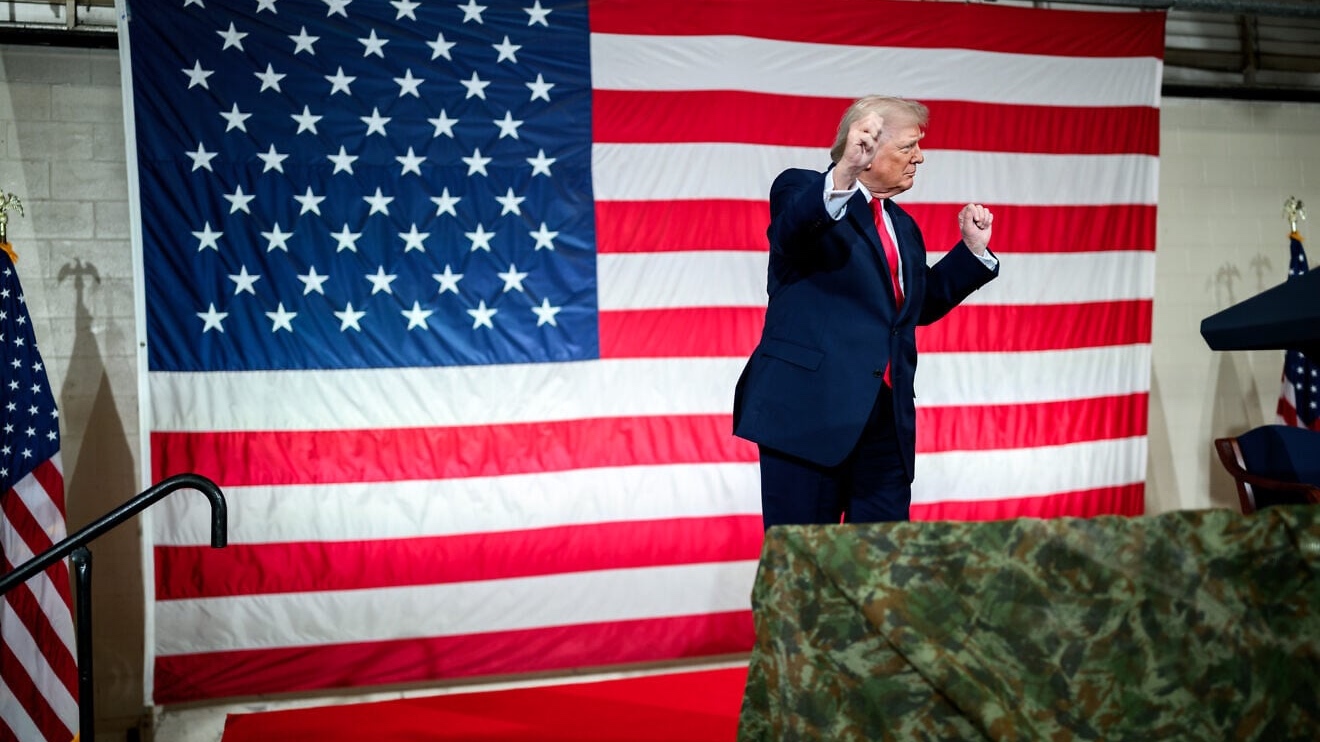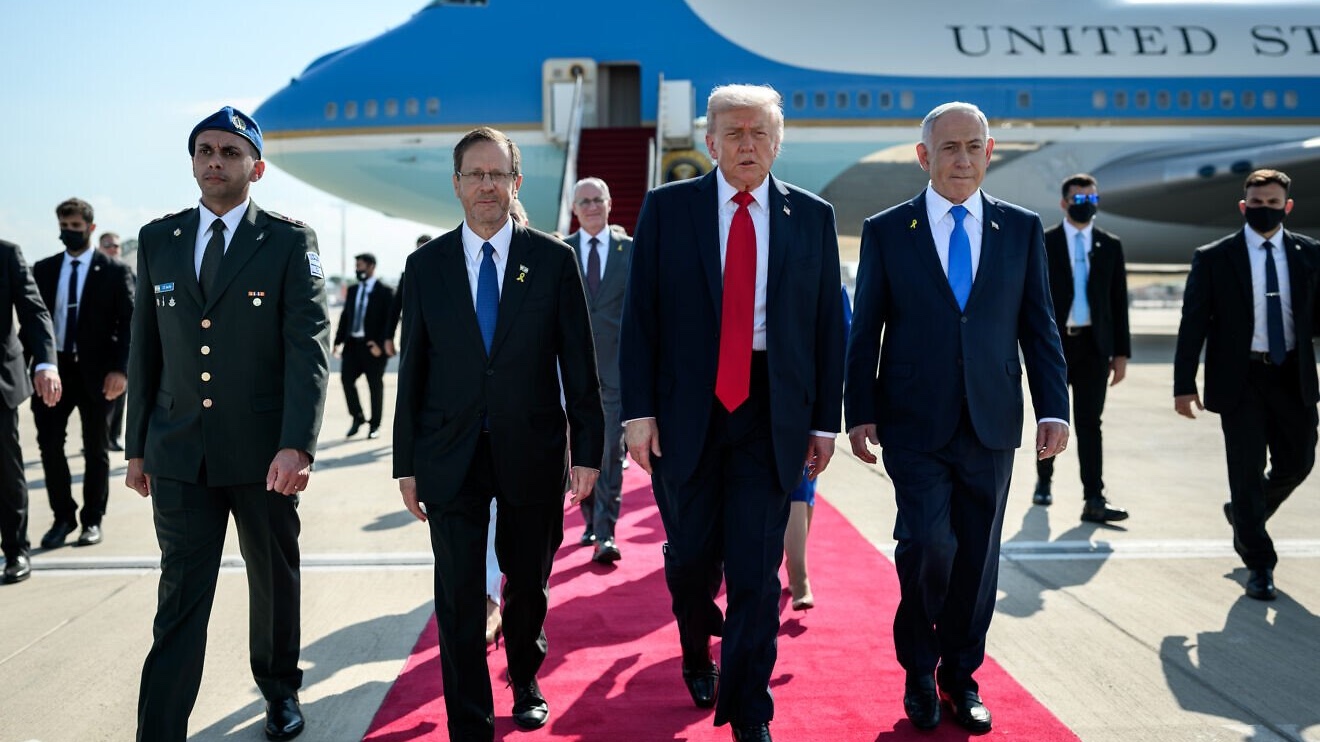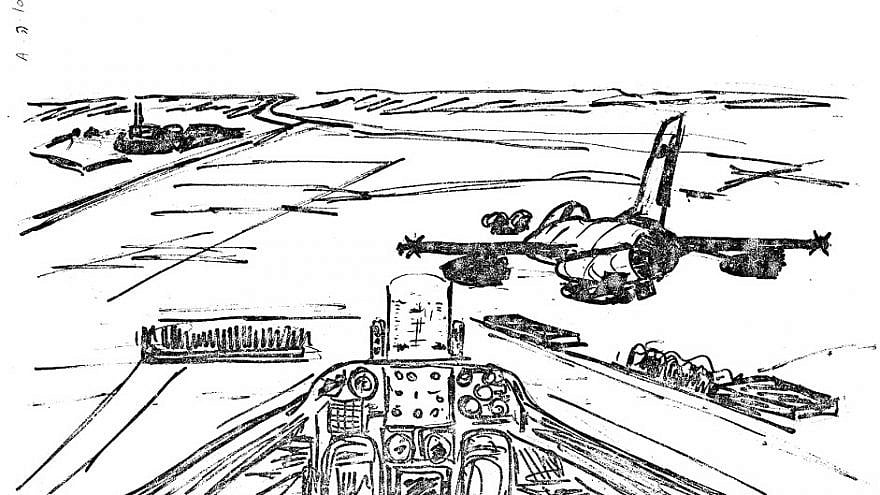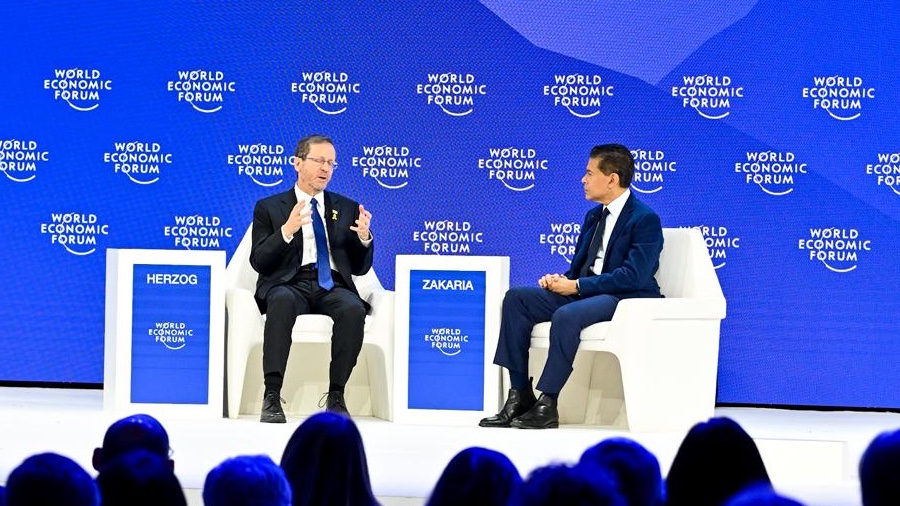Hamas, Hezbollah, Syria, Iran: As the region veers toward war and opportunities are lost, chaos is starting to run the bases.
Author - Mitchell Bard
More articles from Mitchell Bard
Feigning interest in peace with Jerusalem has long been a tactic for extracting concessions from Washington and diverting attention from Riyadh’s extremism.
Israel survived the war, but is now tethered to an unpredictable ally whose support comes with humiliating conditions and whose electorate is steadily losing interest in maintaining the bond.
Unexpected consequences in Syria
If the new regime abandons its radical Islamic roots and joins the Abraham Accords, then Israel may achieve the unimaginable: turning its longest-standing foe into a partner.
Ironically, the decisive blow against the terrorist group may come not from the Israel Defense Forces, but from Beirut.
Though critics pretend otherwise, Jerusalem has exercised restraint that no other military would. It has bent over backward to protect civilians—at enormous strategic and political cost.
Contrary to the image of a population being erased, demographics show otherwise and contradict rumors of famine.
The stakes today are higher, but so are the consequences of inaction.
If Nicholas Kristof genuinely cared about the fate of Christians in the Middle East, then why hasn’t he reported from Saudi Arabia, where practicing the religion is illegal?
A $150 million infusion for diplomacy is a step in the right direction if used strategically with an understanding of the challenge the Jewish state faces in the United States.


















